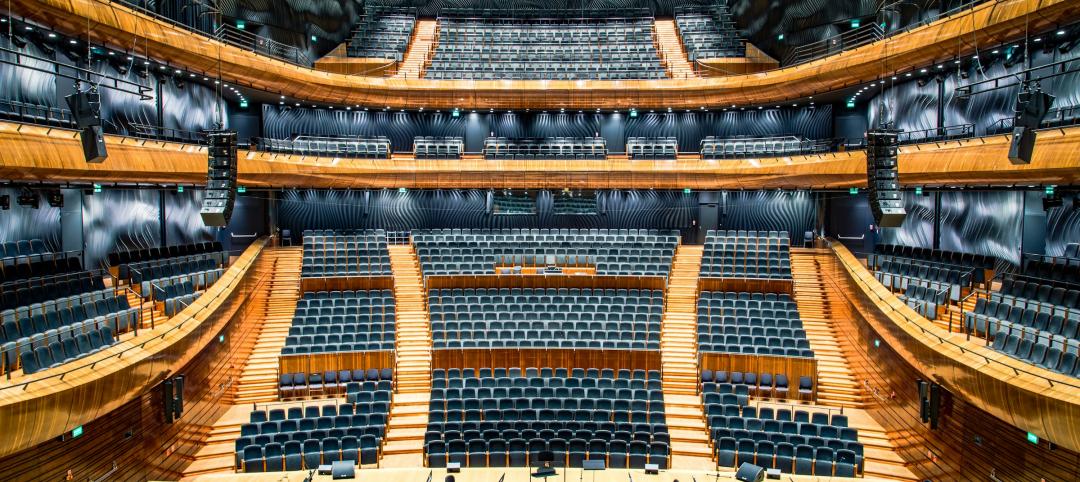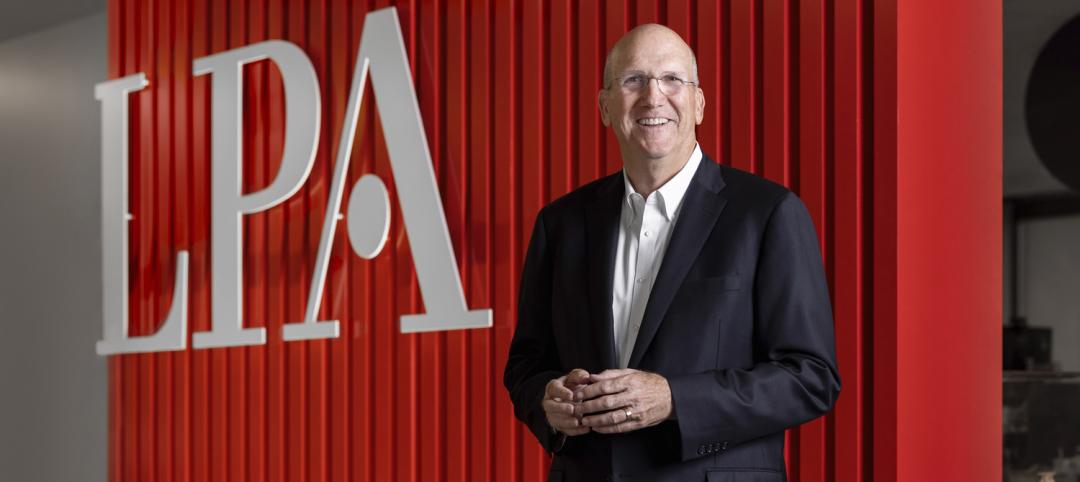Exterior Architecture, Foster + Partners and Space Syntax—a team who share Lord Foster’s passion for the benefits of cycling—have jointly developed SkyCycle, a new approach to transform cycling in the capital. Following existing suburban railway corridors, a wide, secure deck would be constructed above the trains to create new cycle routes throughout London.
The proposed SkyCycle network follows existing suburban rail services and provides over 220 kilometres of safe, car free cycle routes which can be accessed at over 200 entrance points. Almost six million people live within the catchment area of the proposed network, half of whom live and work within 10 minutes of an entrance. Each route can accommodate 12,000 cyclists per hour and will improve journey times by up to 29 minutes.
The Mayor’s aim is for London to be the best major city in the world. However, the capital’s transport network is at capacity and faces the challenge of population growth of 12 percent over the next decade. The government has committed to investment in transport, through airport planning, high-speed rail, Thameslink and Crossrail. The Mayor’s transport strategy also seeks to address the needs of pedestrians and cyclists in the city’s crowded streets and in areas where the public realm is poor.
The environmental and health benefits of cycling notwithstanding, the bicycle is a more efficient use of London’s limited space – we believe there is a pressing need for network modelling of new capacity for these active, self-determined modes of transport.
The SkyCycle approach is revolutionary, and has potential applications in cities around the world. Applying lateral thinking, Britain’s engineering expertise and investment in transport technology could lead to the creation of an efficient platform building system.
As London’s railway lines were originally built for steam trains, they follow contours that naturally reduce the amount of energy expended and avoid steep gradients. SkyCycle exploits this historic legacy. Associated benefits include the regeneration of the typically low value, often underutilised industrial sites next to railway lines; vertically layering the city to create new social spaces and amenities on these cycling high streets; and the integration of automated goods delivery networks.
Early studies of a SkyCycle system indicate that it provides capacity at a much lower cost than building new roads and tunnels. The possibility of the deck providing development opportunities for businesses along the route, particularly where it intersects with stations and bridges, has also been the subject of the study, exploring ideas for public/private commercial growth and regeneration.
The SkyCycle study team will continue to further develop these scenarios, and the project has already been presented to the GLA, TfL and Network Rail, as well as to developers and contractors with specialist rail experience.
Lord Foster stated: "Cycling is one of my great passions – particularly with a group of friends. And I believe that cities where you can walk or cycle, rather than drive, are more congenial places in which to live. To improve the quality of life for all in London and to encourage a new generation of cyclists, we have to make it safe. However, the greatest barrier to segregating cars and cyclists is the physical constraint of London’s streets, where space is already at a premium. SkyCycle is a lateral approach to finding space in a congested city. By using the corridors above the suburban railways, we could create a world-class network of safe, car free cycle routes that are ideally located for commuters."
Sam Martin & Oli Clark of Exterior Architecture Ltd: "SkyCycle is an urban cycling solution for London. A cycling utopia, with no buses, no cars and no stress. We are incredibly excited at how together with Foster + Partners our idea has been developed and now more recently turned into a truly world changing scenario by Space Syntax for revolutionising cycling in London and possibly the world."
Anna Rose, Space Syntax: "Space Syntax is delighted to be developing the SkyCycle concept with Exterior Architecture and Foster + Partners. At crucial points in London’s history major infrastructure projects have transformed the fortunes of the Capital: for example, Bazalgette’s sewer system helped remove the threat of cholera to keep London at the forefront of the industrial revolution; the Underground strengthened London’s core by making long-distance commuting possible. SkyCycle is conceived in this tradition as a network of strategic connections from the suburban edges to the centre, adding the much needed capacity for hundreds of millions of cycle journeys every year with all the social, economic, environmental and health benefits to London that follow. Space Syntax is evaluating these impacts, using a new generation of transport model to analyse cycle movement."
A spokesman for Network Rail said: "We welcome the proposals which have been put forward by Foster + Partners and Exterior Architecture and are always happy to look at ways we can contribute to improving travel and transport in London. We will continue to liaise with all involved as the aspiration for this innovative scheme develops."
Related Stories
Higher Education | Feb 9, 2024
Disability and architecture: ADA and universal design at college campuses
To help people with disabilities feel part of the campus community, higher education institutions and architects must strive to create settings that not only adhere to but also exceed ADA guidelines.
Codes | Feb 9, 2024
Illinois releases stretch energy code for building construction
Illinois is the latest jurisdiction to release a stretch energy code that provides standards for communities to mandate more efficient building construction. St. Louis, Mo., and a few states, including California, Colorado, and Massachusetts, currently have stretch codes in place.
Giants 400 | Feb 8, 2024
Top 10 Telecommunications Building Architecture Firms for 2023
Arcadis North America, CSArch, Interior Architects, and TETER top BD+C's ranking of the nation's largest telecommunications building architecture and architecture/engineering (AE) firms for 2023, as reported in Building Design+Construction's 2023 Giants 400 Report.
Giants 400 | Feb 8, 2024
Top 50 Public Library Architecture Firms for 2023
Quinn Evans, McMillan Pazdan Smith, PGAL, Skidmore, Owings & Merrill, and Gensler top BD+C's ranking of the nation's largest public library architecture and architecture/engineering (AE) firms for 2023, as reported in Building Design+Construction's 2023 Giants 400 Report.
Giants 400 | Feb 8, 2024
Top 60 Performing Arts Center and Concert Venue Architecture Firms for 2023
Populous, DLR Group, Gensler, HGA, and Perkins Eastman top BD+C's ranking of the nation's largest performing arts center and concert venue architecture and architecture/engineering (AE) firms for 2023, as reported in Building Design+Construction's 2023 Giants 400 Report.
Giants 400 | Feb 8, 2024
Top 70 Museum Architecture Firms for 2023
SmithGroup, Gensler, Ayers Saint Gross, Quinn Evans, HGA, and Cooper Robertson head BD+C's ranking of the nation's largest museum and gallery architecture and architecture/engineering (AE) firms for 2023, as reported in Building Design+Construction's 2023 Giants 400 Report.
Architects | Feb 8, 2024
LPA President Dan Heinfeld announced retirement
LPA Design Studios announced the upcoming retirement of longtime president Dan Heinfeld, who led the firm’s growth from a small, commercial development-focused architecture studio into a nation-leading integrated design practice setting new standards for performance and design excellence.
Market Data | Feb 7, 2024
New download: BD+C's February 2024 Market Intelligence Report
Building Design+Construction's monthly Market Intelligence Report offers a snapshot of the health of the U.S. building construction industry, including the commercial, multifamily, institutional, and industrial building sectors. This report tracks the latest metrics related to construction spending, demand for design services, contractor backlogs, and material price trends.
Giants 400 | Feb 6, 2024
Top 80 Religious Facility Architecture Firms for 2023
Parkhill, FGM Architects, GFF, Gensler, and HOK top BD+C's ranking of the nation's largest religious facility architecture and architecture engineering (AE) firms for 2023, as reported in the 2023 Giants 400 Report.
Modular Building | Feb 6, 2024
Modular fire station allows for possible future reconfigurations
A fire station in Southern California leveraged prefab, modular construction for faster completion and future reconfiguration.

















